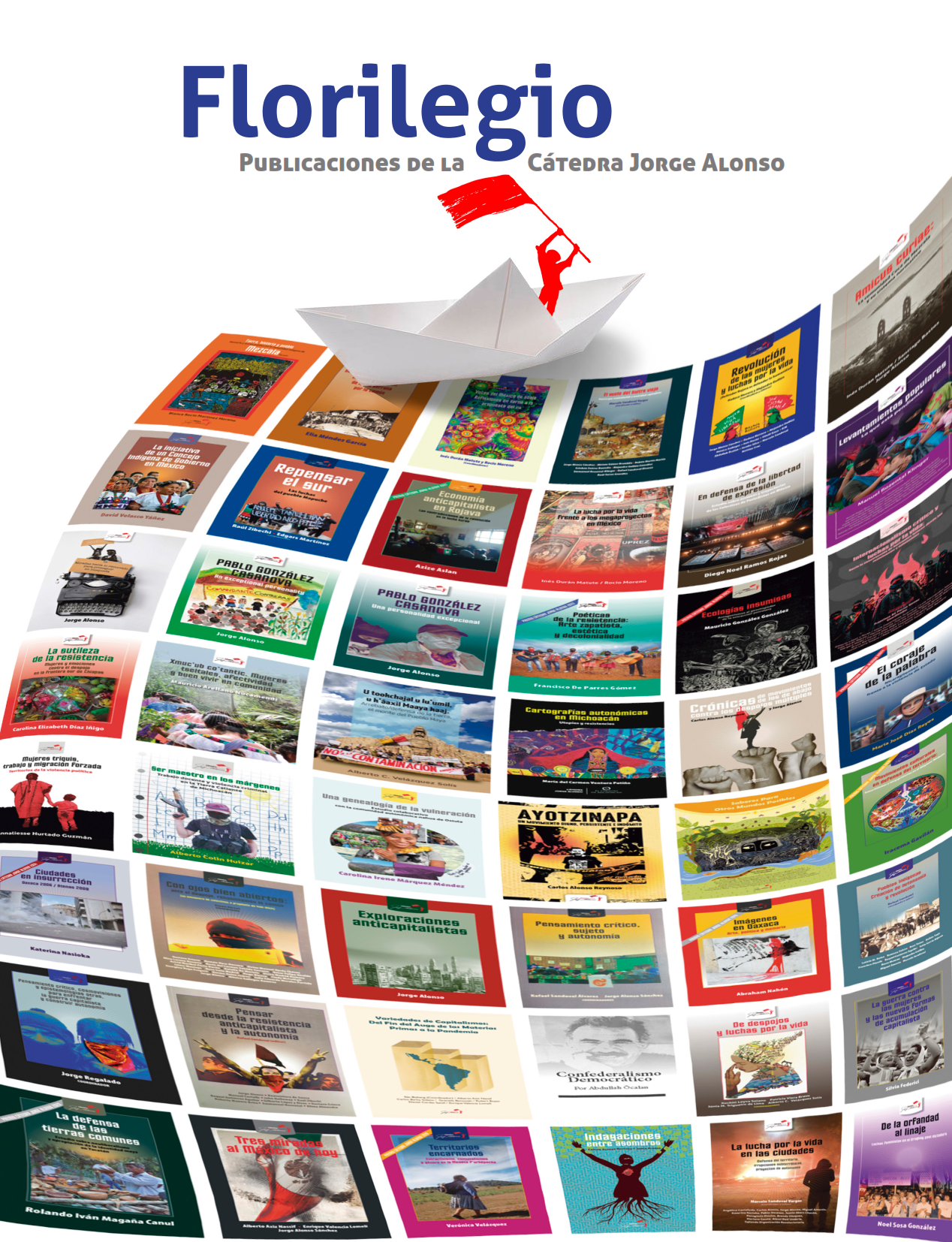Impact of social networks in promoting the right of citizenship and intellectual moderation from the perspective of Islam
Resumen
This study aims to identify the importance of using Social media networks in promoting citizenship and spreading the moderation culture basics to maintain the public security analytically, through reaching results that benefit in finding ways and means to achieve security and stability for the Muslims. By setting a historical approach and also to illustrate the noble Sunnah or the Islamic faith and trust principles, this study positions it as a moderator in order to help study the impact of social media networks in developing citizenship and civility as social platforms.
RESUMEN
Este estudio tiene como objetivo identificar la importancia del uso de las redes sociales en la promoción de la ciudadanía y la difusión de los principios básicos de la cultura de moderación para mantener la seguridad pública analíticamente, a través de alcanzar resultados que se beneficien al encontrar formas y medios para lograr la seguridad y la estabilidad de los musulmanes. Al establecer un enfoque histórico y también para ilustrar la noble Suena o los principios islámicos de fe y confianza, este estudio lo posiciona como moderador para ayudar a estudiar el impacto de las redes sociales en el desarrollo de la ciudadanía y la civilidad como plataformas sociales.
Citas
BIBLIOGRAPHY
ALTHEIDE, DL (2007). “The mass media and terrorism”, Discourse & Communication, 1(3), pp.287-308.
AMBROSE, AO, ETIM, IE AND ENAGU, FM (2016(. "The Role of Community Development Programmes in Poverty Aleviation in Nigeria: Lessons from Onelga, Rivers State, Nigeria”, American Journal of Social Sciences and Humanities, 1(2), pp.72-83.
ANTHONY, M, OSHO, GS AND SEN, L )2017(. “An Econometric Planning Model of Urban Forestry as a Measure of Sustainability: A Matrix of Action and Change”, International Journal of Sustainable Development, 6(1), pp.9-32.
AREGBEYEN, O AND FASANYA, IO (2017). “Oil price volatility and fiscal behaviour of government in Nigeria”, Asian Journal of Economic Modelling, 5(2), pp.118-134.
ASAAD, B AND MAHMOUD, H )2016(. "Measuring the Quality of Health Services in Lattakia Province Patients' Perspective (Field Study of Health Centers in Jableh City)". Journal of Social Economics Research, 3(4), pp.41-56.
AZEVEDO, F AND REIS, JL (2019). “Big Data Analysis in Supply Chain Management in Portuguese SMEs “Leader Excellence””, In World Conference on Information Systems and Technologies, Springer, Cham, pp. 621-632.
AZIZ, NAA, MANAB, NA AND OTHMAN, SN (2016). “Sustainability Risk Management (SRM): An extension of Enterprise Risk Management (ERM) concept”, International Journal of Management and Sustainability, 5(1), pp.1-10.
BURGESS, JE, FOTH, M AND KLAEBE, HG (2006). Everyday creativity as civic engagement: A cultural citizenship view of new media.
DEBATIN, B, LOVEJOY, JP, HORN, AK AND HUGHES, BN (2009). “Facebook and online privacy: Attitudes, behaviors, and unintended consequences”, Journal of computer-mediated communication, 15(1), pp.83-108.
GHANNAM, J (2011). “Social Media in the Arab World: Leading up to the Uprisings of 2011”. Center for international media assistance, 3(1), pp.1-44.
GHASEMI, A, ROSTAMI, V, MAHDAVIRAD, M AND KARKHANE, M (2019). Intellectual Capital, Tobins Q Ratio and Stock Return”, UCT JOURNAL OF MANAGEMENT AND ACCOUNTING STUDIES, 7(01), pp.1-7.
HAFERKAMP, N AND KRÄMER, NC (2011). “Social comparison 2.0: Examining the effects of online profiles on social-networking sites”, Cyberpsychology, Behavior, and Social Networking, 14(5), pp.309-314.
KURIAN, GT AND BORYCZKA, JM (2010). Encyclopedia of political science. Boryczka, Jocelyn. “Feminism.” and “Radical Feminism.” in Encyclopedia of Political Science, CQ Press.
LANDSBERGEN, D )2010(. "Government as part of the revolution: Using social media to achieve public goals", In Proceedings of the 10th European conference on e-government (pp. 243-250).
LEVIN, J )2006(.Elementary statistics in social research, Pearson Education India.
OGHBAEE, H (2019). “Check the right of product and its effects on life and death of international sales contracts”, UCT Journal of Social Sciences and Humanities Research, 7(01), pp.15-18.
PIETARINEN, AV (2006). “Peirce's theory of communication and its contemporary relevance”, Springer Netherlands, pp. 421-440.
SHAHBAKHSH, M, ELHAMIAN, N AND POUR, HS (2019). “Empowerment Relationship in Intra Organization Entrepreneurship”, Dutch Journal of Finance and Management, 3(1).
SIREGAR, NC, ROSLI, R, MAAT, SM AND CAPRARO, MM (2019). “The Effect of Science, Technology, Engineering and Mathematics (STEM) Program on Students’ Achievement in Mathematics: A Meta-Analysis”, International Electronic Journal of Mathematics Education, 15(1), p.em0549.









